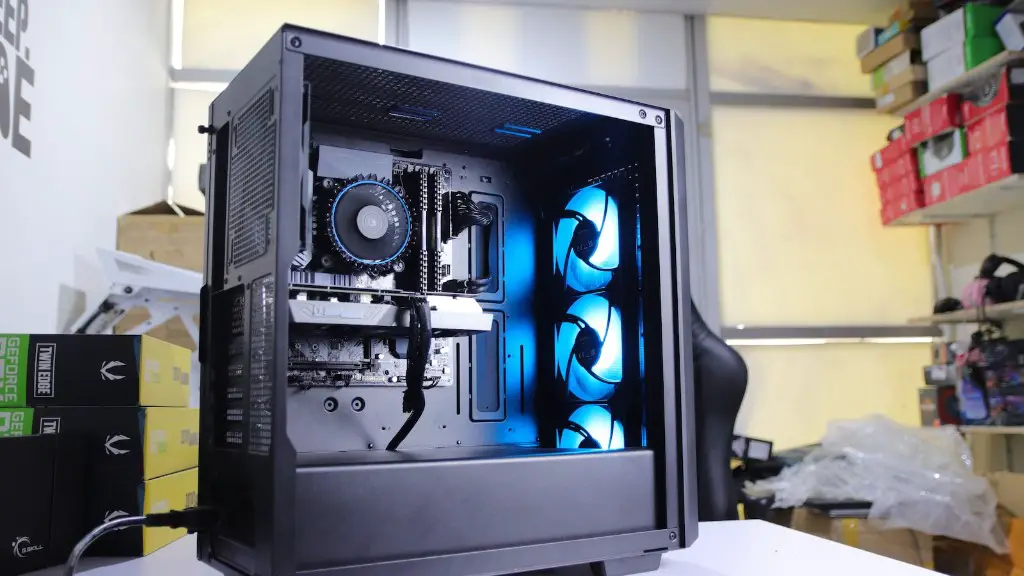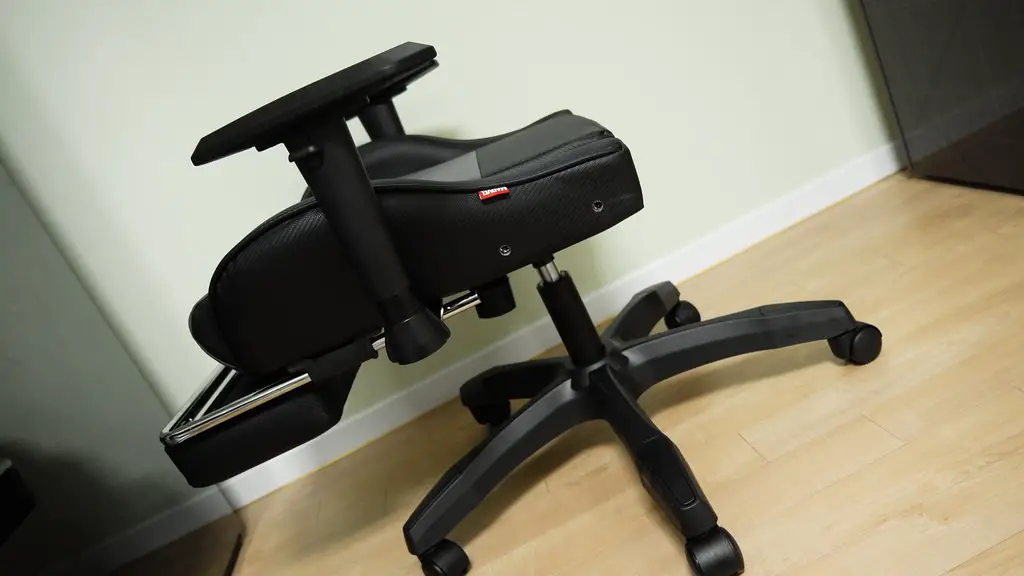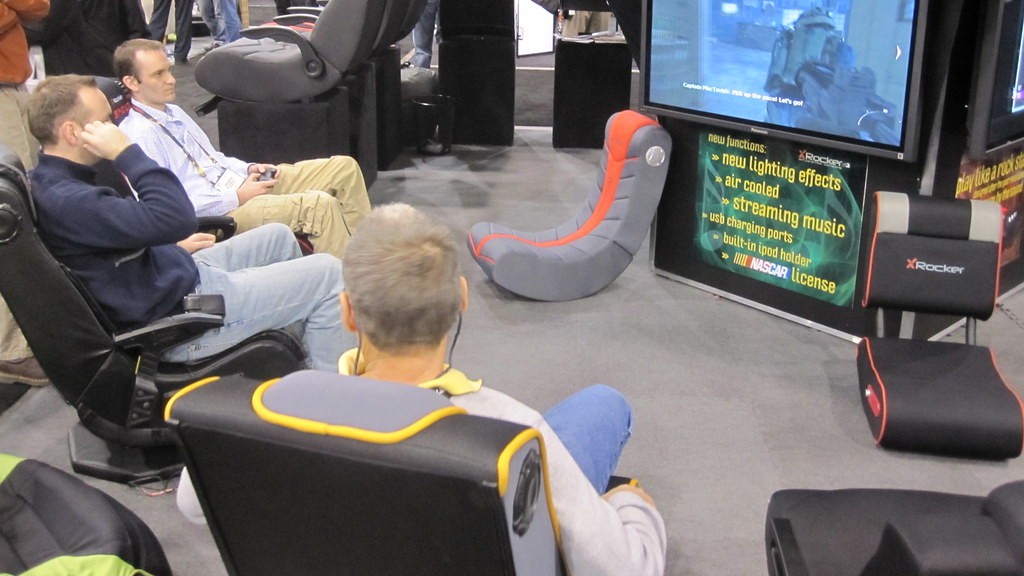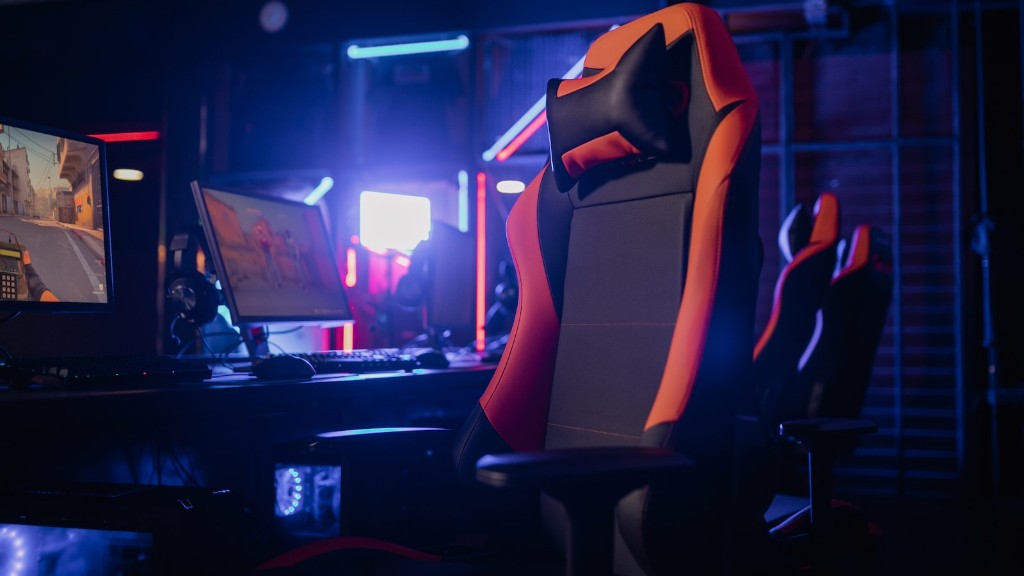A decent gaming PC can be a hefty investment, but it doesn’t have to be expensive. In order to build an inexpensive gaming PC without sacrificing performance, you have to carefully select the right components. So, how much would a decent gaming PC cost? This is a tricky question, as the answer depends on your budget, and performance requirements, but a typical gaming PC can cost anywhere between $500 and $2000.
When building a gaming PC, it’s important to focus on quality components that won’t break your bank. An entry-level gaming PC will basically require a quality CPU, a good motherboard and a basic GPU like the NVIDIA GTX 1060. These components combined will cost around $700. You’ll also need to factor in the costs of RAM, storage, power supply and case.
If you can stretch your budget to $1000, then you can start to upgrade some of the components. For instance, you can get a mid-range CPU like the Intel Core i5-8400, a better GPU such as the NVIDIA RTX 2070 and a larger storage capacity. The more powerful the computer, the higher the cost. So, if you plan to future-proof your system and have enough power for any game, you should look into higher-end components.
If you really want the best components and the most powerful gaming PC out there, you’ll need to spend at least $2000. The best gaming PCs will feature top-of-the-line components like the Intel Core i7-9700K, a powerful NVIDIA RTX 2080 GPU and 16GB of RAM. But no matter how much you have to spend, remember to stay within your budget and that the most important thing is always the balance between price and performance.
In conclusion, how much does a decent gaming PC cost? It depends on your needs and budget, but you can build a decent gaming PC for $500 – $2000 depending on the components you choose. Just make sure you pick quality components and stay within your budget. And most importantly, take your time in selecting the parts and make sure you balance price and performance.
Building a PC for Gaming
Building a gaming PC can be intimidating for many people, but it doesn’t have to be. To build a solid gaming PC without breaking the bank, you just have to select the right components. There are many different parts to consider when building a gaming PC, such as the CPU, GPU, RAM, power supply, storage, and case. Choosing the components can be a daunting task, as there are hundreds of options available in every part category.
The first thing to consider when building a gaming PC is your budget. Knowing how much you are willing to spend is important, as it will determine the type of components you can get. For instance, if you want a higher-end gaming PC you will need to have a large budget to accommodate more powerful hardware. But if you are on a tight budget, then you can opt for entry-level components that can still provide decent gaming performance.
Aside from budget, you should also factor in your gaming needs. If you just want to play casual games like old-school RPGs and single-player games, then you won’t need the best CPU or GPU on the market. But if you plan to play the latest AAA titles at ultra settings, then you will require higher-end components. Knowing your needs will help you select the right parts.
The type of games you plan to play is also a major factor in building a gaming PC. If the game you want to play is heavily reliant on the GPU, then investing in a good GPU is a must. On the other hand, if you are mainly playing casual games where performance isn’t as important, then you can save money by getting a cheaper GPU.
When building a gaming PC, it is important to select quality parts and features that won’t break your bank. You should also carefully consider your current gaming needs and the type of games you will be playing. Finally, do not forget to factor in your budget and make sure you get the best performance for the money. With the right components, an inexpensive gaming PC can provide an optimal gaming experience.
Maintenance for a Gaming PC
Just like any other type of device, gaming PCs need regular maintenance to keep them running smoothly. Without proper maintenance, your gaming PC can suffer performance issues or even worse, a costly breakdown. So, what are the steps to follow to maintain a gaming PC?
The first and most important step is to clean your PC regularly. Dust and debris accumulation can trigger heat issues and components can even overheat and get damaged. So, make sure you open up your PC and use an antistatic brush and compressed air to eliminate the dust and dirt. This should be done at least once a month.
You should also keep all your drivers up to date. All your hardware components, such as the GPU, sound card, and motherboard, require the latest drivers in order to perform at their peak. To get the best performance out of your system, you should make sure all your drivers are up to date and that you have the latest version of your software.
When gaming, you should also keep an eye on your system resources. Most games are demanding and require your CPU, GPU and RAM to work together at peak performance. So, to avoid performance drops, you should make sure your system is using all its components correctly and that there are no resource hogs. The best way to keep track of your system resources is to use a monitoring program such as MSI Afterburner or AIDA64.
Another way to keep your gaming PC running optimally is by regularly checking for system errors. Use a reliable anti-virus and scan your computer for any system threats or errors. If you ever encounter any errors or system issues, make sure to address them immediately. Finally, you should always have a good surge protector in order to protect your gaming PC from power surges.
In summary, maintaining a gaming PC is essential to ensure peak performance and avoid costly repairs. To maintain a gaming PC, you should regularly clean the dust and debris, update all drivers, keep an eye on system resources, check for system errors and use a surge protector. Following these steps will help keep your gaming PC in optimal condition to provide the best gaming experience.
Improving a Gaming PC
A gaming PC can be a great investment, but there are times when you may want to improve your gaming experience even further. This can be done by upgrading your PC components or adding additional hardware. If you want to take your gaming PC to the next level, here are some of the best ways to do it.
The first and easiest thing you can do to improve your gaming PC is to upgrade your graphics card. A graphics card is the most important component of any gaming PC and a good GPU can significantly improve your gaming experience. Look for graphics cards with higher clock speeds and more dedicated video memory. This will ensure improved graphics, smoother gaming and a better overall experience.
Storage is also important in gaming PCs and you may want to add an SSD to your system. While traditional HDDs are great for a large capacity, an SSD can offer significantly faster loading times and performance. Investing in an SSD will give your gaming PC a major boost in performance.
Upgrading your RAM is also beneficial, as it can improve your PC’s multitasking capabilities. If you plan to play modern games, try to get at least 8GB of RAM, but you can also upgrade up to 16GB depending on your needs. Additionally, you can add a liquid-cooling system to your PC to keep all your components running cool even under intense gaming sessions.
The final way to level up your gaming PC is to invest in a better monitor. A good gaming monitor can make a huge difference in the way games look and feel. Newer models provide faster response times, higher resolution and improved color accuracy, so they can really take your gaming experience to the next level. Of course, all these upgrades won’t come cheap, but they are definitely worth it if you want to maximize your gaming.
In conclusion, there are many ways to improve your gaming PC and take your gaming experience to the next level. The most popular upgrades include graphics cards, storage, RAM and monitors, but you can also add a liquid-cooling system to keep your components running cooler under intense gaming sessions. With the right upgrades, a gaming PC can offer an amazing gaming experience.





